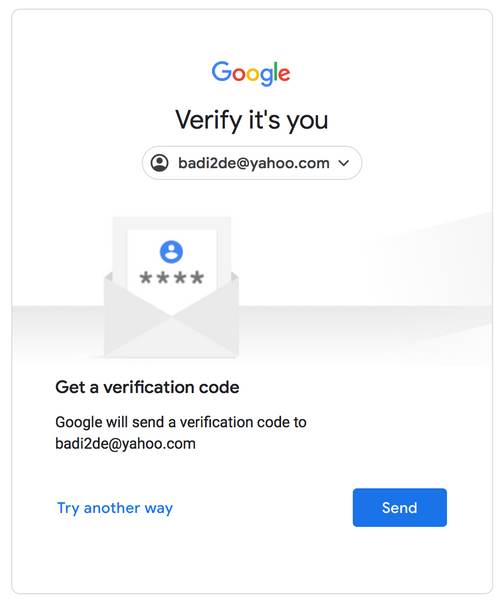In today's digital age, email verification codes have become a vital component of online security and communication. Whether you're signing up for a new online service, resetting your password, or confirming your identity, email verification codes play a crucial role in ensuring that your online interactions are safe and secure. In this comprehensive guide, we will delve deep into the world of email verification codes, answering the most commonly asked questions and providing you with valuable insights on where to find these codes and how to use them effectively.
What Are Email Verification Codes?
Email verification codes, often referred to as verification or validation codes, are a series of alphanumeric characters sent to your email address to confirm your identity or validate your actions. These codes serve as a crucial layer of security by ensuring that only authorized users can access certain online services or perform specific actions, such as changing account settings or resetting passwords.
Where Can You Find Email Verification Codes?
Email verification codes can be found in various contexts, depending on the purpose for which they are sent. Here are some common scenarios in which you might encounter email verification codes:
Account Registration: When signing up for a new online service, you may be asked to provide your email address. After submitting your email, you'll typically receive a verification code in your inbox. This code is used to confirm that you own the provided email address.
Password Reset: If you forget your password for an online account, you can request a password reset. In most cases, a verification code will be sent to your registered email address. Once you enter the code, you'll be able to reset your password.
Two-Factor Authentication (2FA): Many online services offer 2FA as an extra layer of security. In this case, you'll receive a verification code via email after entering your password. You'll need to enter this code to gain access to your account.
Email Verification: Some websites require users to verify their email addresses to reduce the likelihood of fake accounts. You'll be sent a code to confirm your email during the registration process.
Account Recovery: If you ever get locked out of your account due to suspicious activity or forgotten credentials, email verification codes can help you regain access.
Order Confirmation: When making online purchases, you may receive an email with a verification code to confirm your order and identity.
Account Security Alerts: Online platforms may send you a verification code if they detect unusual login attempts or changes to your account settings. This helps prevent unauthorized access.
How to Use Email Verification Codes Effectively
Now that you know where to find email verification codes, let's explore how to use them effectively to enhance your online security:
Keep Your Email Secure: Your email is the gateway to your online accounts. Ensure that your email account is protected with a strong, unique password. Enable two-factor authentication for your email as an additional layer of security.
Check Your Spam Folder: Sometimes, email verification codes may land in your spam or junk folder. Always check these folders if you don't receive a code in your inbox.
Enter the Code Promptly: Email verification codes often have a limited validity period. To ensure they work, enter the code promptly after receiving it.
Never Share Your Code: Email verification codes are for your use only. Never share them with anyone, as doing so could compromise your account security.
Don't Use Public Wi-Fi: Avoid accessing your email to retrieve verification codes when connected to public Wi-Fi networks, as these networks can be less secure.
Use a Secure Connection: Always access your email and enter verification codes on secure websites (those with "https" in the URL) to protect your information from interception.
Be Cautious of Phishing Attempts: Verify the authenticity of the email containing the code. Beware of phishing emails that mimic legitimate services to steal your information.
Frequently Asked Questions About Email Verification Codes
How long do email verification codes remain valid?
Email verification codes typically have a short validity period, often ranging from a few minutes to an hour. It's essential to use them promptly.
What should I do if I don't receive a verification code?
If you don't receive a verification code, check your spam folder. If it's still not there, you can request a new code or contact customer support for assistance.
Can I reuse email verification codes?
No, email verification codes are usually one-time-use. Once you've used a code to confirm an action or identity, it becomes invalid.
Are email verification codes secure?
Yes, email verification codes are a secure way to confirm your identity or validate actions. However, it's crucial to protect your email account and be cautious of phishing attempts.
Can I choose to receive verification codes through methods other than email?
Some services offer alternative methods for receiving verification codes, such as SMS or authenticator apps. Check the account settings to see if such options are available.
In conclusion, email verification codes are a fundamental aspect of online security, ensuring that your digital interactions are safe and protected. By understanding where to find these codes and how to use them effectively, you can take control of your online security and minimize the risk of unauthorized access to your accounts. Stay vigilant, keep your email secure, and make the most of email verification codes to safeguard your digital life.



